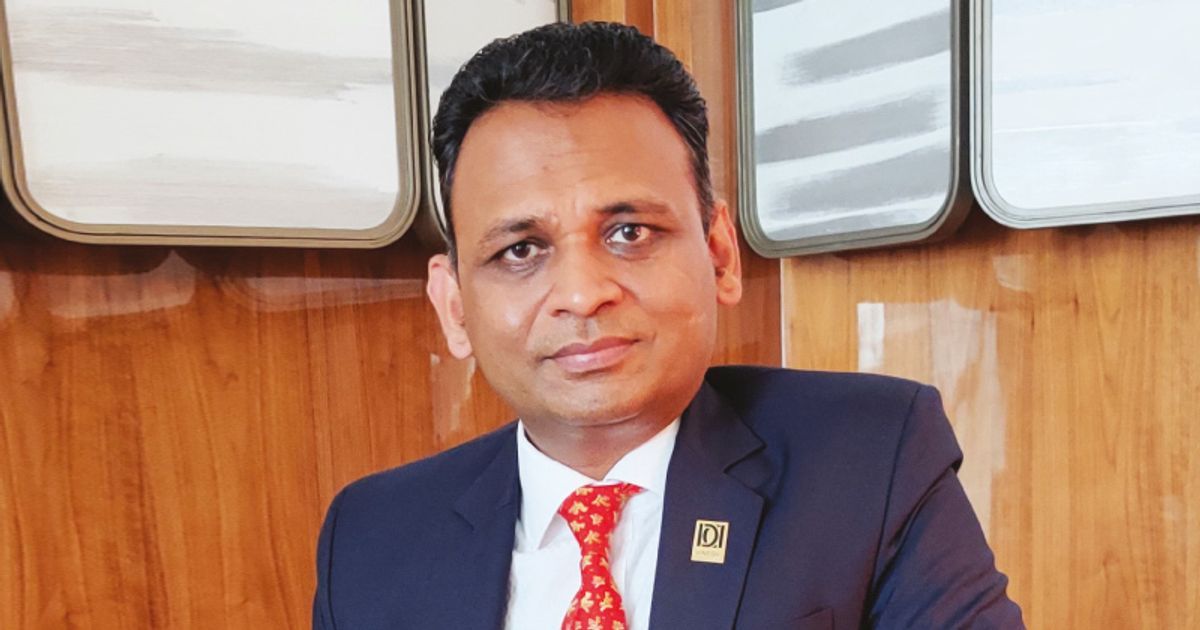Title: Are Indian Hospitals Catching Up with Global Tech Standards?

Kochi: Indian hospitals are slowly adopting modern technology to improve patient care and streamline operations. However, the country's unique economic landscape and differences in scale of operations pose significant challenges.
According to CIO Surjeet Thakur of Rajagiri Hospital in Kochi, the hospital has seen a rise in demand for digital solutions such as AI-based assistants and data security systems. While these technologies have improved patient care, there are still several gaps, including technology adoption and personalization of solutions for diverse user needs.
According to Thakur, doctors are his primary focus when selecting new technologies, as they need solutions that can seamlessly integrate with clinical workflows without distring them from patient care. However, the hospital's CRM system in healthcare differs significantly from its counterparts in retail due to patient sensitivity and data privacy concerns.
The hospital has taken steps to strengthen network security, including multi-layered approaches to data encryption and tokenization of patient identifiers to prevent public exposure of sensitive information.
Rajagiri Hospital has also introduced a solution that syncs their Hospital Information System (HIS) with a patient engagement platform, enabling auto-reminders, personalized health suggestions, educational materials, and appointment booking features. This move aims to reduce workload for patient coordinators while increasing efficiency.
The hospital believes AI-driven technology can significantly enhance the quality of care through precision medicine and remote consultations, particularly in underserved areas. However, experts recognize that this trend faces significant challenges, including costs and interoperability issues with existing systems.
Check Point recently reported an astonishing 69,000 cyber-attacks on Indian hospitals every week, attributed to sensitive data storage. Ensuring ecosystem compatibility in innovations like international patient connect platforms is crucial for a seamless user experience.
Robotic surgeries remain an area of focus but are hampered by costs and feasibility challenges. According to Surjeet Thakur, these technologies can be challenging to adopt due to training requirements and limitations on monetization without compromising clinical outcomes.
In short, Indian hospitals face distinct technological hurdles, driven mostly by their unique economic situations. The growth of digital technology is poised to change the way care is delivered in the country and beyond – but challenges remain at the forefront of innovation's path.
